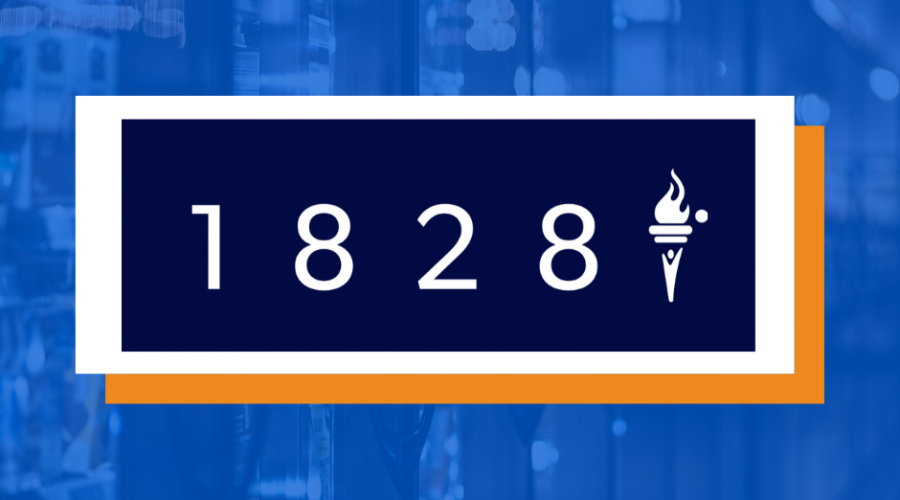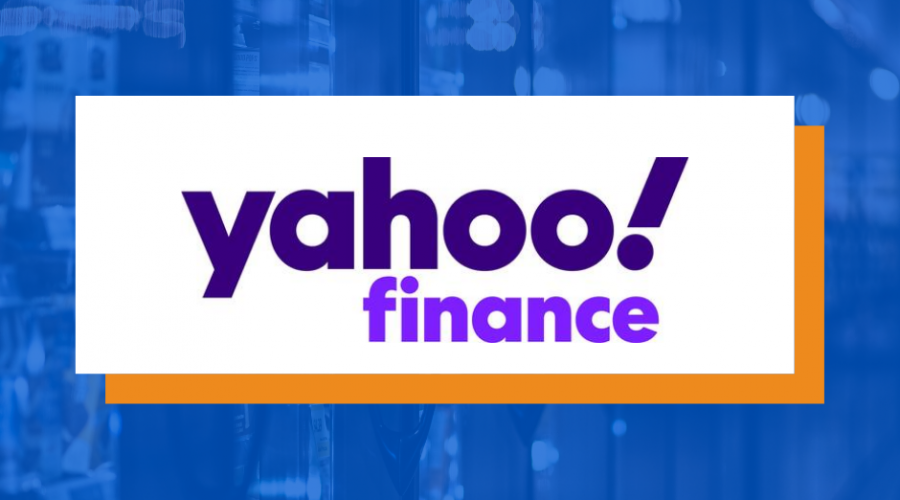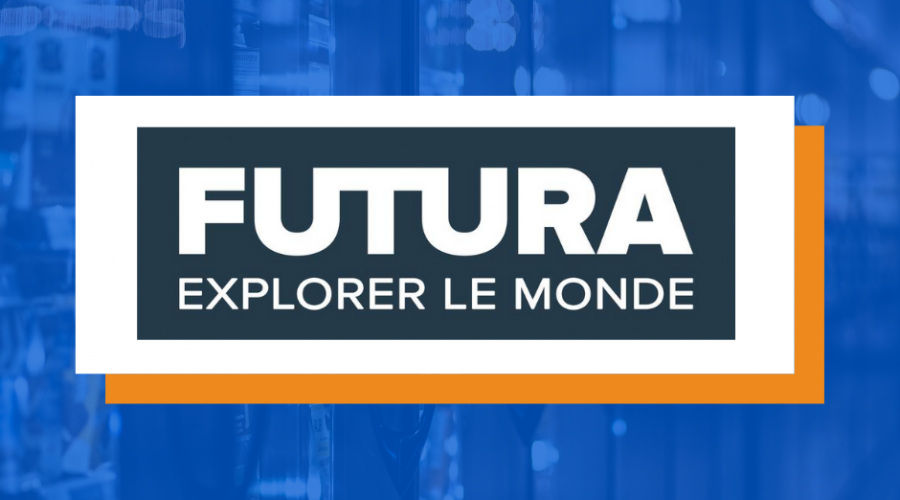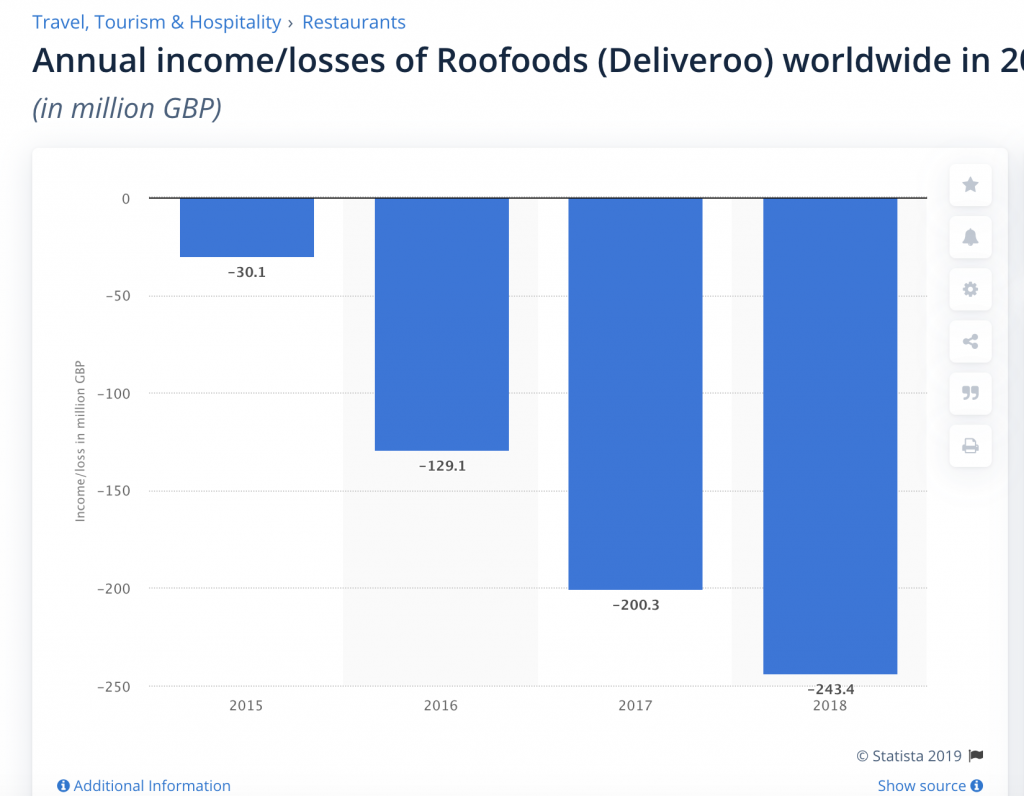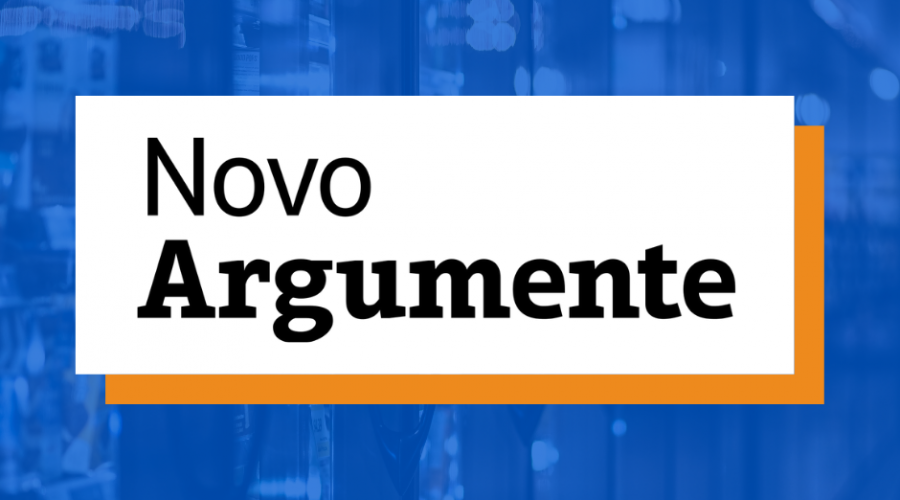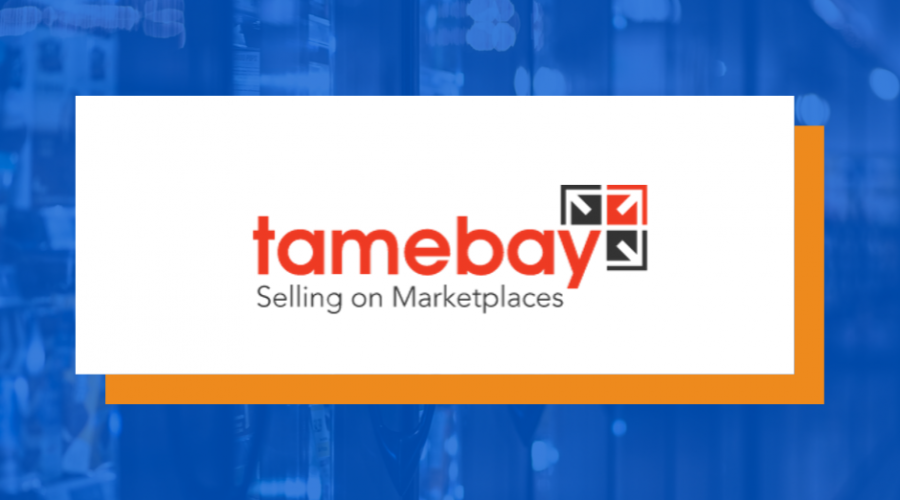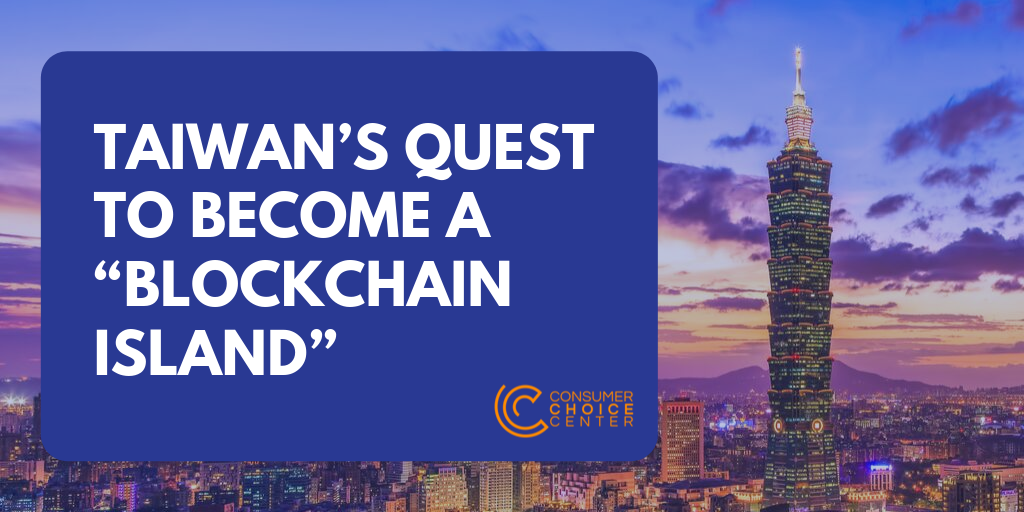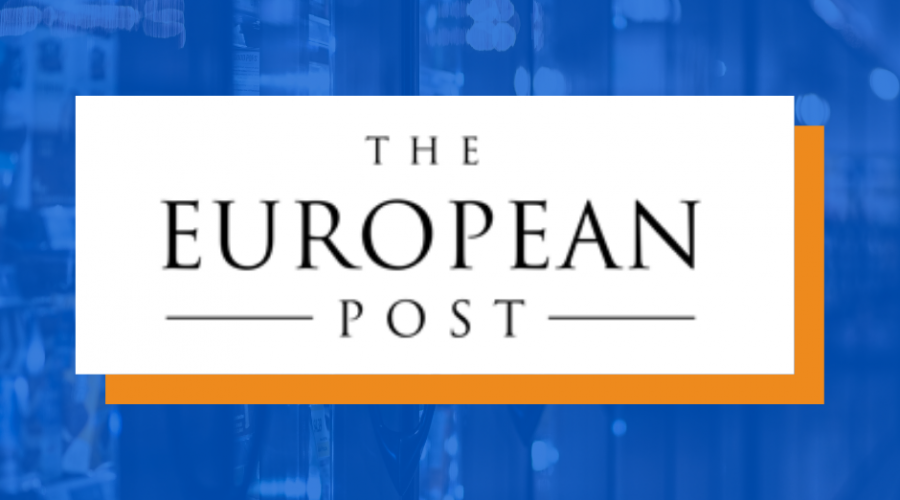How price controls in Argentina could have far-reaching consequences
Last week, in a bid to ensure unrestricted access for everyone to telecommunication services, the Argentinian government decided to extend a price freeze for TV, internet and mobile services until the end of the year, deeming them “essential public services”. Prices on these services have been frozen since May, and it was expected that the ban would be lifted at the end of this month.
Banning telecommunications companies from raising prices might seem like a sensible policy, but the opposite is true. Price controls are a disastrous and irresponsible economic policy that only leads to a shortage of supply, thereby depriving consumers of choice, driving once-successful companies out of the market and reducing the quality of services provided.
The Covid-19 crisis has overburdened most economies in the world and Argentina is no different. The road to economic recovery will require a lot of investment that necessitates the need for legislative certainty. Latin American companies often have to resort to external financing and when unprecedented risks arise – such as price controls – the cost of financing goes up as well, according to Maryleana Mendez, general secretary of the Inter-American Association of Telecommunications Companies.
At first glance, the decision of the Argentinian government to extend price controls can be seen as the one that benefits consumers. The logic behind the said price controls is clear: to make sure that every Argentinian consumer – even those on low incomes – can enjoy TV, internet and mobile services.
While this approach stems from the noble motives, it is unfortunately doomed to fail and, in the end, companies will lose every incentive to operate in the market. If companies don’t have the freedom to set prices as they wish – keeping in mind their operational costs – what is the reason for them to carry on? One solution is to reduce the quality of their prices simply to keep afloat. Conversely, consumers who can afford to pay more are left out, and their demand cannot be met.
Argentina government’s meddling with the market forces is unacceptable and socialist ait its core, and will also worsen the country’s relationship with the International Monetary Fund. And while the government of President Alberto Fernandez (and his predecessors) has been widely distrustful of the IMF, Argentina is the IMF’s biggest client.
The country has received more than 20 financial aid programmes from the IMF since the late 1950s. Argentina constantly remains on the brink of collapse, so it’s high time the country took the path of economic liberalisation and started taking its relationship with the IMF more seriously instead of pulling off another harmful and populist intervention. Price controls are economic masochism.
Every consumer wants to have as many options to choose from as possible and to be able to reasonably balance out price and quality. If there is no one to provide these choices for them, everyone loses, especially in the long run. Similar to intellectual property rights, if companies don’t get protection for their inventions, there is little incentive for them to innovate.
The overregulation of the telecommunications industry is an expensive policy that will have a negative impact on Argentina’s investment climate in the future thereby hindering its economic recovery and destroying its relationship with the IMF. Argentina’s government should pull itself together and start making the right decisions, instead of pushing the country further down. Argentina deserves better than a populist government that pretends to act in the interests of consumers by extending price controls of TV, internet and mobile services at the expense of future prosperity.
Originally published here.
The Consumer Choice Center is the consumer advocacy group supporting lifestyle freedom, innovation, privacy, science, and consumer choice. The main policy areas we focus on are digital, mobility, lifestyle & consumer goods, and health & science.
The CCC represents consumers in over 100 countries across the globe. We closely monitor regulatory trends in Ottawa, Washington, Brussels, Geneva and other hotspots of regulation and inform and activate consumers to fight for #ConsumerChoice. Learn more at consumerchoicecenter.org
